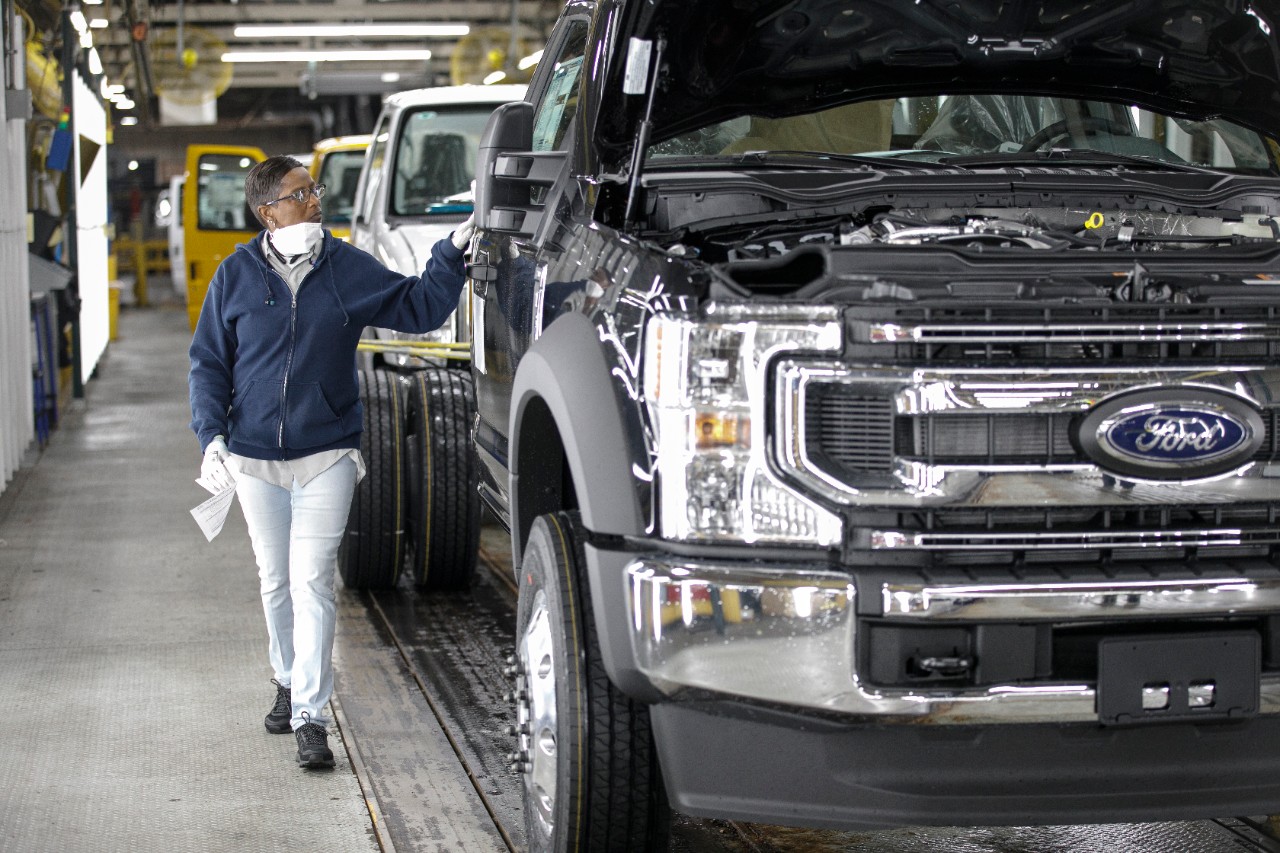
Lincoln's MKZ Hybrid is one vehicle for which Ford is writing checks to consumers. Source: Ford Motor Company
America's No. 2 automaker, Ford (F 0.86%), could be writing you a check shortly if you drive one of its vehicles. Sounds great, right?
Of course not, you know better. If Ford ends up writing you a check in an amount between $125 and $1,050, it's because your vehicle's miles-per-gallon rating hasn't been measuring up to its promise. Let's take a look at which vehicles' mile-per-gallon fuel efficiency has been overstated and the potential effects this could have on Ford's image and sales.
What happened?
There are many tests that go into estimating a vehicle's fuel-economy rating. Those tests include vehicle-specific resistance testing on a dynamometer, wind tunnel testing, and track tests. Ultimately, some of Ford's internal tests led to an error that overstated certain vehicle models' miles per gallon ratings, which weren't matched by those models in the real world.
How bad is it really?
You might remember a similar incident happened with Ford late last year when an investigation by the Environmental Protection Agency found that Ford's C-Max vehicle's miles per gallon rating was overstated. Ford mailed out rebate checks in the amount of $550 to owners of the model, but this recent incident looks to be a bigger problem.
The affected Ford models include the 2014 Fiesta, as well as 2013-2014 hybrid versions of the C-MAX, Fusion, and MKZ. The overstated miles-per-gallon even extends to the plug-in hybrid version of the 2013-2014 C-MAX and Fusion Energi.
All in all, Ford estimates that roughly 200,000 of these vehicles have been sold or leased to customers in the United States. If you're one of those customers and are interested in how large of a check Ford will be writing you, look here.
Will this hurt Ford?
Ford is often touted as the public's favored automaker, after it avoided a taxpayer fueled bankruptcy -- unlike its crosstown rivals Chrysler and General Motors -- but what impact might this have on Ford's image and sales?
It is a bit of an embarrassment for the folks at the Blue Oval, to be sure. Ultimately though, this isn't going to have any measurable effect on the company's brand image; these mistakes happen.
"Ford isn't the first manufacturer to admit that it was optimistic in its EPA fuel economy ratings, and it might not be the last," said Jack R. Nerad, editorial director at Kelley Blue Book told Reuters.
In terms of financial implications, the worst-case scenario would be that every single one of the 200,000 vehicles in this scenario was a purchased, rather than leased, Lincoln MKZ Hybrid. In that scenario Ford would be writing checks that combine for a total cost of $210 million. That might sound like a lot, but for context, Ford earned a pre-tax profit of $8.6 billion in 2013.
So, with no severe negative effects on Ford's image or financials evident, Ford's in the clear, right? Not exactly: The biggest negative impact will be felt in continuing sales of the vehicles under scrutiny.
Fuel economy continues to be one of the most important factors in a potential car buyer's decision to purchase. Any mistakes estimating those miles per gallon will have a negative impact on sales, just as it did when Ford lowered fuel economy estimates on its C-MAX. These mistakes could, as Fool.com senior auto analyst John Rosevear points out, make claims in earlier commercial ads worthless.
Consider that the revisions to the estimates are pretty significant for the Hybrid versions of the effected vehicles. Lincoln's 2013-2014 MKZ Hybrid goes from a combined city and highway rating of 45 miles per gallon down to 38. Ford's 2013-2014 Fusion Hybrid moves from 47 combined miles per gallon down to 42. It's worth noting that both of those hybrids have been exceeding Ford's sales expectations, and likely will feel a negative impact on sales.
All things considered, life will continue much the same for Ford and its investors -- though, some consumers might be wondering if their checks are worth their rides' disappointing fuel efficiency.







